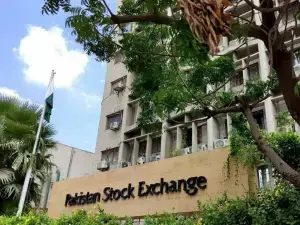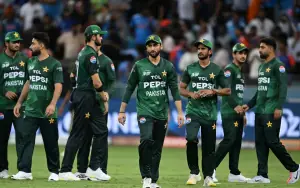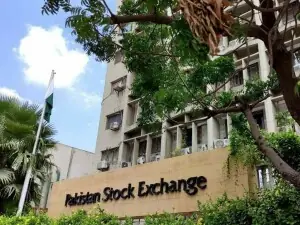In the run-up to Nobel Peace Prize announcement, the leading candidate was 16-year-old Malala Yousafzai, the Pakistani education activist shot in the head by the Taliban last year. The Organisation for the Prohibition of Chemical Weapons (OPCW), the international body overseeing the destruction of Syria's chemical weapons, figured far less prominently in the speculation.
Soon after announcing in Oslo Friday that the chemical weapons watchdog had won the coveted award, the Nobel Committee found itself defending its decision to grant the prize to yet another institution, particularly in light of last year's win for the European Union. "We need many kind of people, many kind of organisations in order to achieve peace," Committee Chairman Thorbjorn Jagland said.
Based in The Hague, Netherlands, the body has 189 members, noted Jagland, who called the OPCW "one of the most global institutions we have." The committee said its decision was in line with the will of Swedish dynamite inventor Alfred Nobel who endowed the prize, and who mentioned disarmament efforts as one criteria for the award. Syria is set next week to become the 190th member of the OPCW, an organisation created by the international convention that bans chemical weapons, which went into force in 1997.
"It was not difficult to come to a unanimous decision," Jagland said. He said the committee "never comments" on nominees who did not receive the prize. In reference to Malala, however, he noted that the prize does not have a minimum age limit. The youngest peace laureate to date remains Tawakkol Karman of Yemen, who was 32 when she shared the 2011 prize.
The committee is used to controversy, Jagland said, with previous choices having been hotly debated. This year's pick was in line with 2009's contentious choice of US President Barack Obama, who had been in office less than a year. Jagland said that Obama's accomplishments since then - namely an agreement to resume talks with Russia on strategic nuclear arms cuts - proved the committee's pick was the right one. The jury had also in recent years named winners from Liberia, Yemen and China, he noted of non-European laureates selected. Organisations that have earlier been awarded the Nobel Peace Prize include the International Atomic Energy Agency (IAEA) for the peaceful use of nuclear energy, the International Campaign to Ban Landmines (ICBL), and the Pugwash Conferences on Science and World Affairs that has campaigned to abolish nuclear arms.
BR100
16,307
Increased By
236.2 (1.47%)
BR30
51,537
Increased By
1163.4 (2.31%)
KSE100
157,953
Increased By
1775.7 (1.14%)
KSE30
48,199
Increased By
520.5 (1.09%)






















Comments
Comments are closed.